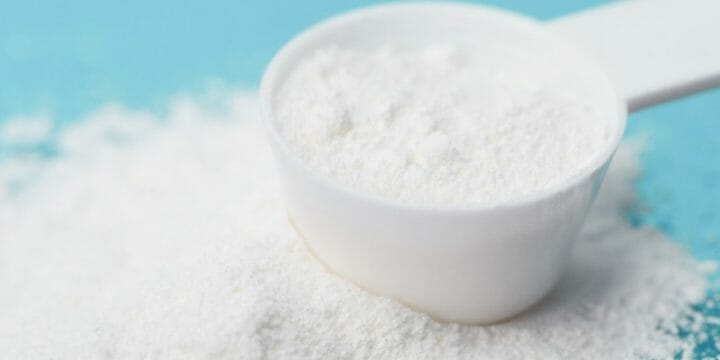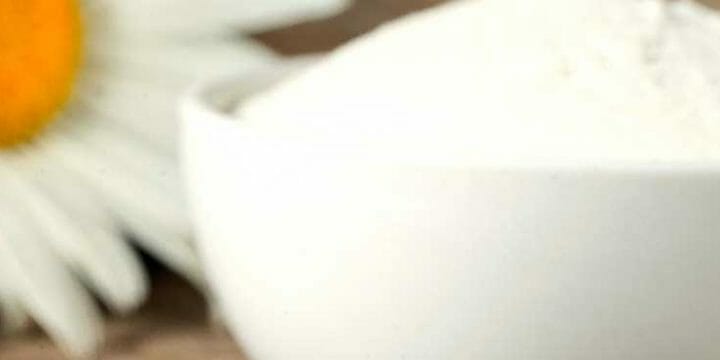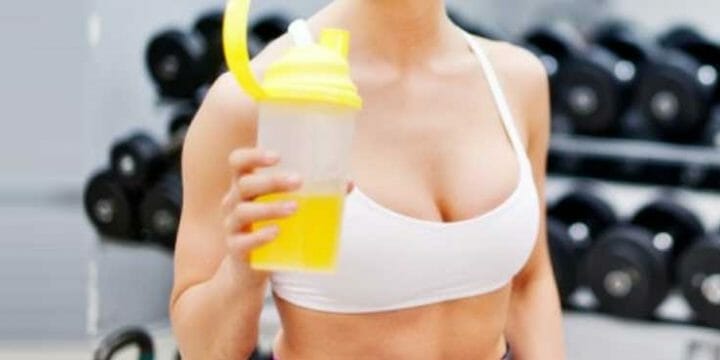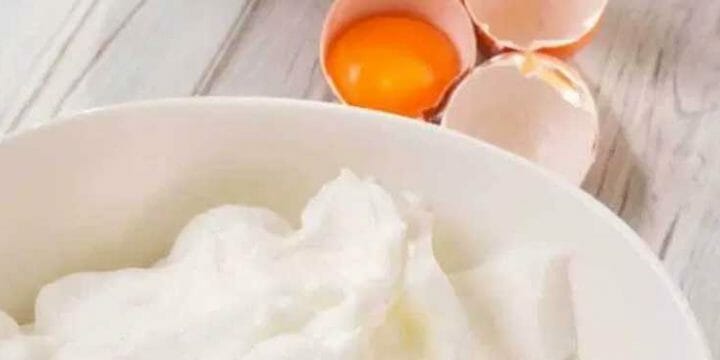Including rice in your diet can contribute to achieving defined abs, thanks to its role as a valuable source of carbohydrates that provide sustained energy for workouts.
As a fitness trainer who consistently researches diets that support fitness, I’ve learned that choosing whole grains over refined varieties can help enhance nutritional value within a balanced nutrition plan.
This article will guide you on whether consuming rice can aid in achieving great abs and highlight the most beneficial types for overall health and fitness results.
Quick Summary
- Integrating rice in your diet can aid in achieving a sculpted six-pack because rice is a rich source of carbohydrates, offering the body a readily available energy source.
- The type of carbohydrates consumed in rice influences whether you will gain or lose weight, depending on their glycemic index.
- White rice, with a GI of 64, can cause blood sugar spikes and weight gain, while brown rice, with a lower GI of 55, absorbs more slowly, preventing glucose and insulin spikes.
- In my opinion, incorporating rice into a balanced diet, along with quality supplements, enhances performance and consistency in fitness workouts.
Is White Or Brown Rice Good For Six Pack Abs?
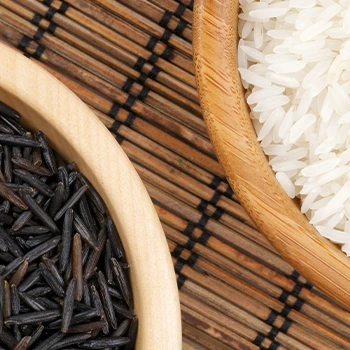
Both white and brown rice can be part of a diet aimed at achieving six-pack abs, but brown rice is generally considered a better choice due to its higher nutrient content.
While refined white rice offers easily digestible starch, providing quick energy for a gym workout, brown rice offers more fiber, B vitamins, and essential minerals, which are significant for overall health and physical performance [1] [2].
Throughout the years, our team has maintained a well-balanced diet, making rice a primary source of our carbs. The choice between white and brown rice depends on personal preferences.
How Does Rice Impact Belly Fat?
Rice's impact on belly fat depends on its type: white rice may contribute to weight gain due to a higher glycemic index, while brown rice is a better choice for managing belly fat.
It impacts belly fat by delivering simple or complex carbs, depending on the type, as per Oregon State University [3].
"New research shows what many health experts have long said. It's not carbohydrates, per se, that lead to weight gain, but the type of carbs eaten."
- Brunilda Nazario, MD WebMD.com
According to research from the Harvard School of Public Health, the closer the glycemic index (GI) of a food is to 100, the faster the body absorbs it and turns it into glucose.
The same research indicates that white rice has an average GI of 64, close to refined sugar, and can cause blood sugar spikes that lead to belly fat and weight gain.
Brown rice, on the other hand, has a GI value of 55. That means it's much slower to absorb and won't cause glucose and insulin spikes that cause weight issues [4].
Related Articles:
Are There Better Types You Should Choose?
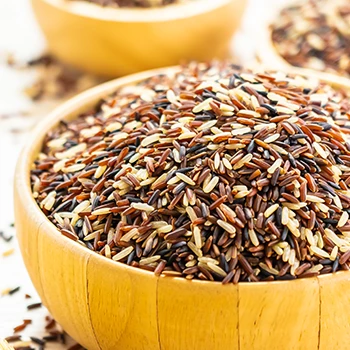
Yes, opting for less processed varieties like brown or wild rice is a better choice for your diet. Highly processed and refined white rice should never be on your menu.
It's far better to stick with brown or wild rice that has gone through very little refinement.
You'll find brown rice in pretty much all stores. But for wild rice, you might need to go to Asian specialty stores.
Misconceptions of Rice Consumption for Fitness
Some individuals oppose all carbs, believing they lead to weight gain, while others argue that frequent gym-goers need plenty of raw energy, necessitating a carb-heavy diet.
Research from WebMD suggests that those who consume large amounts of starch, such as white bread, potatoes, and pasta, tend to have more belly fat [5].
Achieving a defined core demands substantial effort in the gym, requiring carb-loading for energy. The right type of rice is crucial for providing this necessary fuel.
FAQs
Is It Ok to Eat Rice Every Day?
Yes, it's OK to eat rice every day. Since rice is a staple diet for billions of people, there shouldn't be any problem. But you want to stay away from highly refined white rice if you're going to eat it every day.
Should You Eat White Rice after a Workout?
No, you shouldn't eat white rice after a workout. It's better to eat brown rice and lots of protein to replenish your blood glucose levels slowly and provide the protein for your muscles to recover.
References:
- https://fdc.nal.usda.gov/fdc-app.html#/food-details/1101625/nutrients
- https://fdc.nal.usda.gov/fdc-app.html#/food-details/1101631/nutrients
- https://lpi.oregonstate.edu/mic/food-beverages/glycemic-index-glycemic-load
- https://www.hsph.harvard.edu/nutritionsource/food-features/rice/
- https://www.webmd.com/diet/features/truth-about-bread-and-diet
About The Author
You May Also Like

